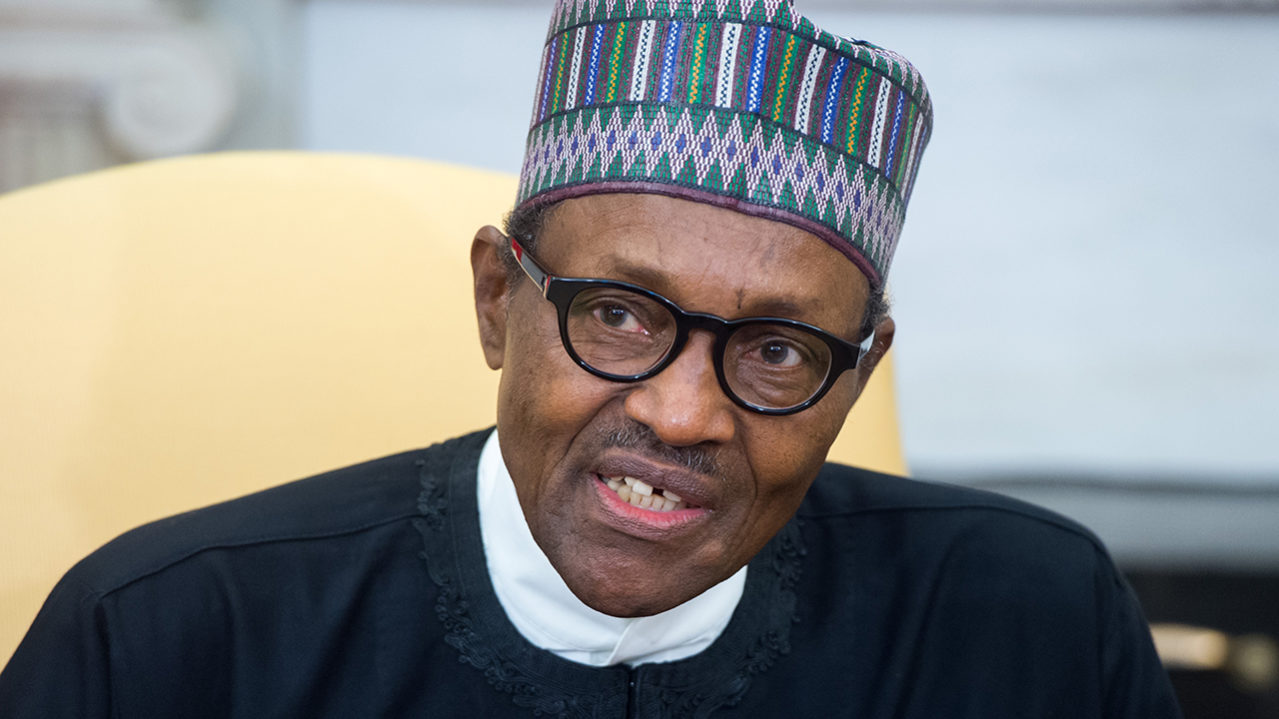
President Muhammadu Buhari has regretted that the high oil revenue over the years never translated to job creation and poverty eradication in Nigeria.
The president spoke while opening the 24th Nigeria Economic Summit (NES) yesterday in Abuja.
The News Agency of Nigeria (NAN), which reports that the theme of the summit is Poverty to Prosperity, Making Governance and Institutions Work, noted that deliberations would centre on sustainable economic opportunities; human development; effective public institution, as well as corruption and the rule of law and human development.
Represented by his deputy, Yemi Osinbajo, the president noted that eradicating poverty had been a big economic challenge to the nation in over the last three decades.
He said the paradox of the menace over the years had been its persistence even when the nation earned its highest revenues from crude oil exports.
His words: “The National Bureau of Statistics (NBS) figures published on house poverty survey in 2012, which was the last done on it, show that despite rising oil prices and growth figures, poverty increases in every study cycle.
“In 1980, absolute poverty figures were 17.1 million Nigerians, in 1985, 34.7 million, in 1992, 39.2 million, in 1996, 67.1 million, in 2004, 66.7 million.
“The last survey of household poverty done in 2010 was 112.47 million, the figures for the next cycle are currently being compiled by NBS. The truth is that despite the rising oil revenue, poverty has remained.’’
Buhari pointed out that the rising petro dollars could only translate to jobs and better living standards if they were invested in economic diversification, infrastructure development, quality education, health care and social protection.
Admitting that the major drain on the nation’s resources was the stealing of large sums of money by public officials in collaboration with some private sector players over the years, he disclosed that his administration was putting an end to diversion of public resources for private use.
He said the approach of the current government to reversing poverty and its consequences was to create enabling environment for business to thrive.
Other areas, according to the president, are the provision of welfare for the most vulnerable and direct creation of jobs on a consistent basis.
He stated that programmes on tackling poverty and ensuring prosperity were captured in the Economic Recovery and Growth Plan (ERGP).
Government, however, noted that graft was discouraging inflow of investments.
[ad unit=2]



